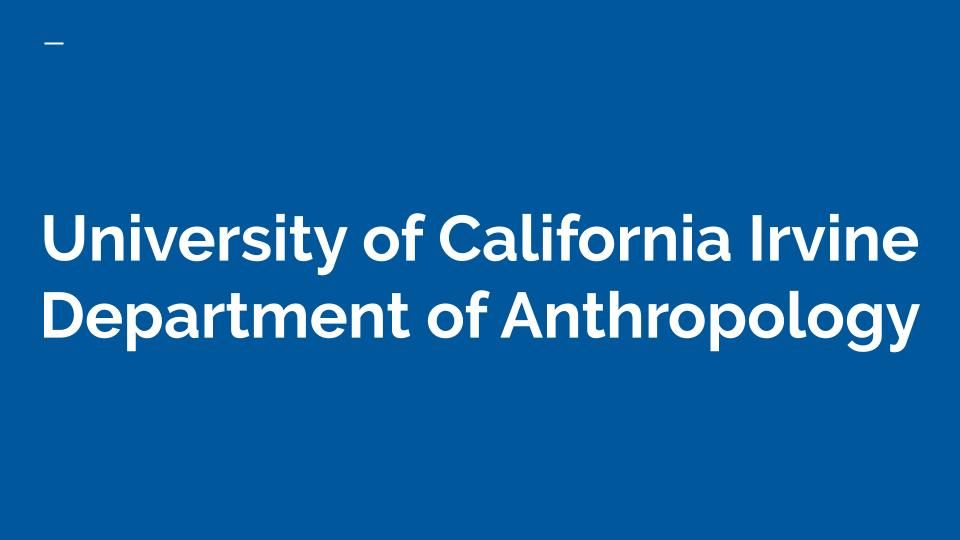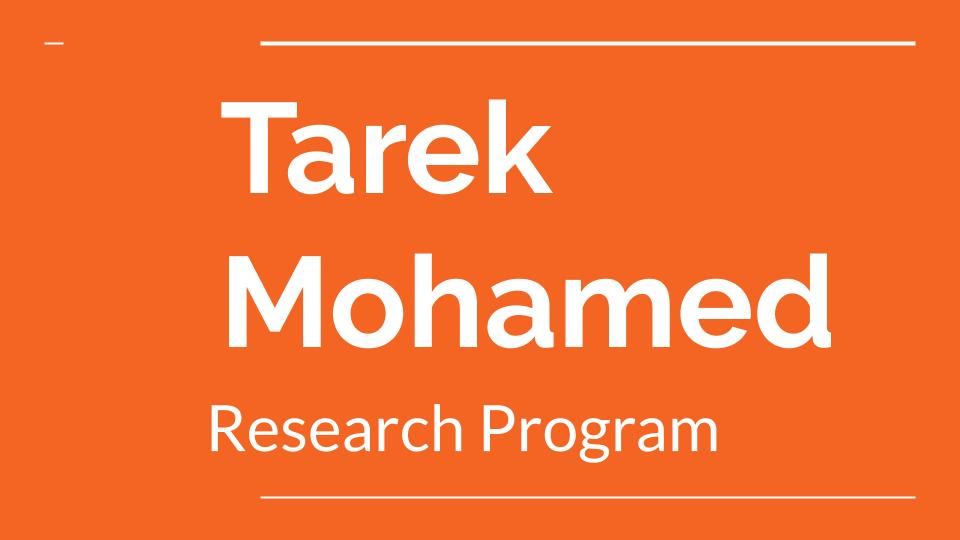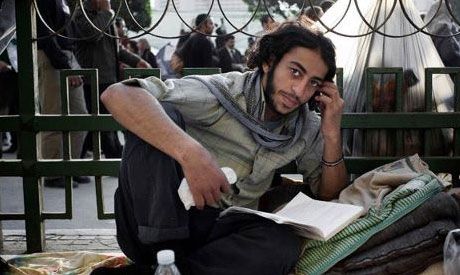

Cite as: Mohamed, Tarek 2019. Research Program Description. University of California. December.
http://centerforethnography.org/content/tarek-mohamed-research-program/essay
Tarek Moustafa Mohamed is a 2nd Year PhD student of Anthropology in University of California, Irvine. His research looks at questions of Textual and Structural violence, Trauma, and Paranoia. He is interested in the social and political dynamics that produce and reproduce violence. Tarek'r research focuses mainly on Egypt, as he looks at the rise of state and societal violence in Egypt in the aftermath of the Jan 25, 2011 revolution. He is reading the everydayness of violence in post-revolution Egypt from the perspectives of Egyptian Diasporic communities in the U.S and Canada
Tarek received his master's degree from the American University in Cairo in Gender and Women's Studies. He received his BA in Journalism from Cairo University.
- What are the political and social dynamics that produce violence against religious minorities in Egypt?
- In what ways has the Egyptian revolution simultaneosly offered openings for progressive social movement building and also given a rise to societal violence against religious minorities and non conforming sexual orientations and gener identities?
- In what ways has the literature on Egyptian revolution obscured narratives of societal violence and focused on narratives of state violence? Do those two forms of violence overlap?

Mina Danial, an Egyptian Coptic Political activist who was murdered by state forces On October 9, 2011. Mina was among the Coptic Protestors who were sitting in as a political action against the escalating sectarian violence in Egypt

Magda Haroun, an Egyptian Jewish Woman, who is trying to maintain the legacy of the Egyptian Jewish Community, which is declining in numbers
Povinelli’s Discussion of Crisis of the Late Liberal State: in The cunning of recognition: Indigenous alterities and the making of Australian multiculturalism, Povinelli uses the case of indigenous communities in Australia to map the crises, limitations and boundaries of recognition within the liberal/ late liberal state in relation to questions of citizenship. I will be engaging with this discussion to look at what forms of citizenship are included/ excluded within the structure of nation state
Gramsci’s Notion of Hegemony: According to Gramsci, in order to understand how Capitalism maintains and controls people, it is important to look at the role played by ideologies in producing, reproducing and sustaining this control. I will be working through Gramsci’s notion of hegemony to look at the way ideological apparatuses, whether owned by the state or merely work in accordance with its interests, maintain and support the marginalization of specific communities
Gordon’s Notion of Haunting: in Ghostly Matters: Haunting and the Sociological imagination, the term haunting is used to describe” those singular yet repetitive instances when home becomes unfamiliar, when your bearings on the world lose direction, when the over-and-done-with comes alive, when what's been in your blind spot comes into view... Indeed, it seemed to me that haunting was precisely the domain of turmoil and trouble, that moment (of however long duration) when things are not in their assigned places, when the cracks and rigging are exposed, when the people who are meant to be invisible show up without any sign of leaving”. I want to be working through Gordon’s haunting to look at fear, trauma and grief as forms of violence